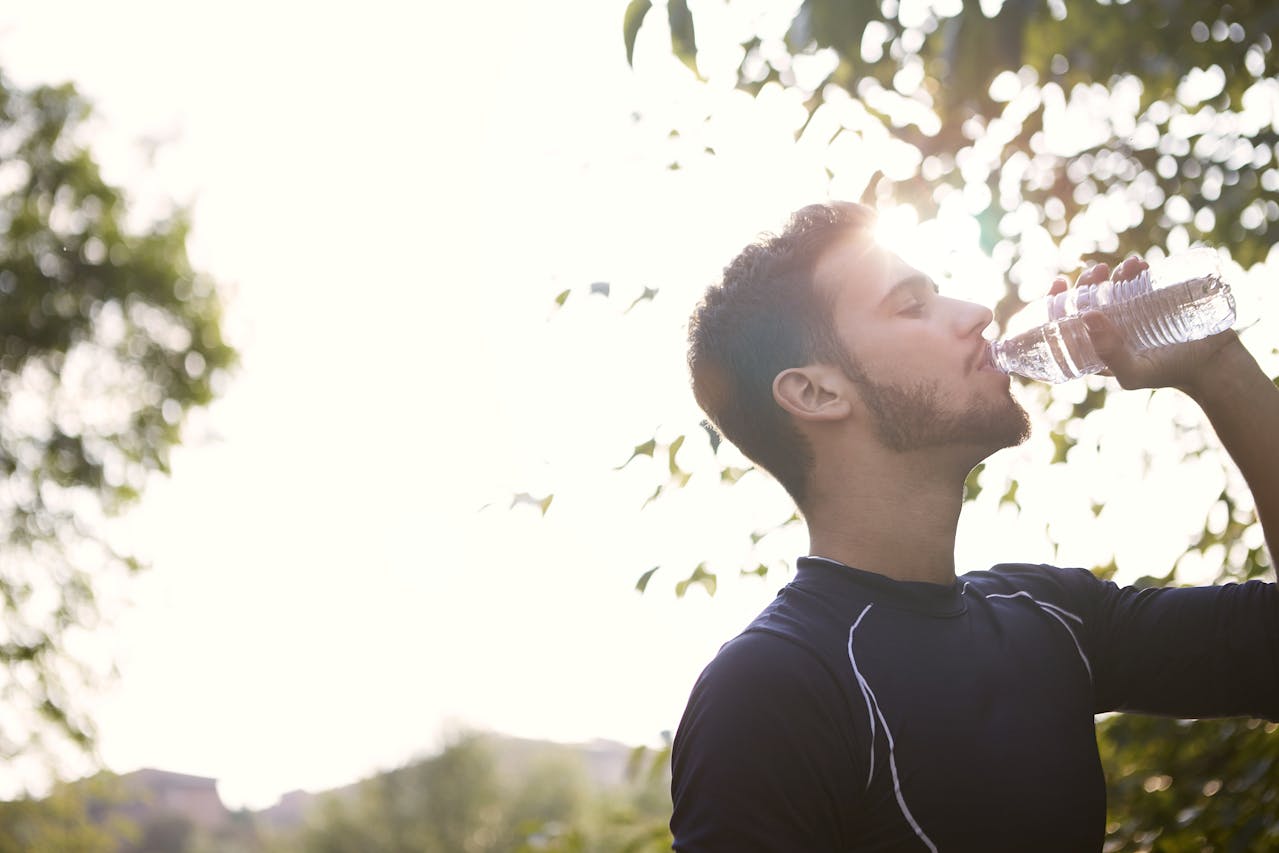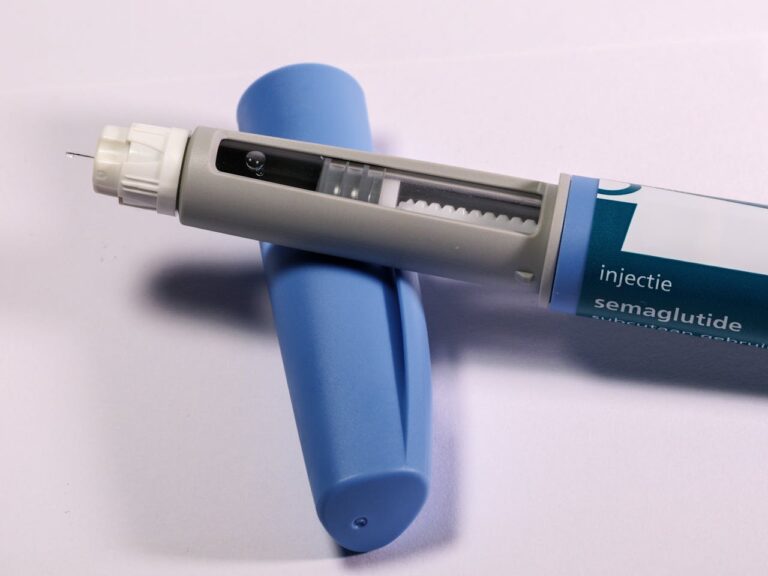Write Us: hello@ali5.org
Why Hydration Affects Everything, From Focus to Skin to Digestion
Discover why hydration is crucial for focus, skin health, digestion, and energy. Learn the real effects of dehydration and how to stay properly hydrated every day.

Let’s be real: most of us don’t drink enough water. We know it’s “important,” but we rarely think about just how much our bodies depend on it. Hydration isn’t just about quenching thirst or avoiding headaches; it affects everything from how sharp your brain feels to how your skin looks to how smoothly your digestive system runs.
So if you’ve ever felt tired, foggy, bloated, or just off without knowing why, dehydration might be quietly messing things up.
Let’s break down why hydration matters more than you think and what actually happens when you don’t get enough.
Your Brain: Water = Mental Clarity
Here’s the thing: your brain is about 75% water. So when you’re not properly hydrated, it’s one of the first systems to take a hit. Even mild dehydration (just 1–2% loss of your body’s water content) can impact concentration, short-term memory, alertness, and even mood.
Ever find yourself reading the same sentence five times or struggling to remember what you were doing two minutes ago? That mental fog could be your brain begging for water. Dehydration can also increase feelings of anxiety or irritability, so next time you’re snapping at someone for no reason, maybe drink a glass of water before apologizing.
Quick tip: If you regularly work long hours, study, or use screens for most of the day, sip water steadily throughout. Don’t wait till you’re parched.
Your Skin: Hydration Shows on Your Face
Dry, flaky, dull-looking skin? Fine lines that seem more pronounced than usual? Before you drop money on serums and moisturizers, check your water intake.
Hydrated skin looks plumper, clearer, and more even-toned. Water helps maintain your skin’s elasticity, supports collagen production, and flushes out toxins that could lead to breakouts.
But remember, topical hydration (like skincare) only goes so far. If your body’s dehydrated on the inside, your skin won’t get the full glow-up no matter what cream you slather on.
Note: Drinking water won’t magically erase acne or replace sunscreen. But it can help regulate oil production and improve your skin’s overall resilience.
Digestion: Water Keeps Things Moving
Constipation isn’t the most glamorous topic, but let’s be honest, everyone deals with it at some point. And more often than not, the culprit is dehydration.
Water plays a critical role in breaking down food, absorbing nutrients, and keeping waste moving through your intestines. Without enough water, your body pulls moisture from your colon to compensate, leading to harder stools and slower digestion.
Hydration also helps your stomach produce enough acid to properly digest food. If you regularly experience bloating, sluggish digestion, or acid reflux, your hydration habits might be worth examining.
Bonus: If you’re increasing fiber intake (which is great), water is essential. Without it, fiber can actually worsen constipation.
Energy Levels: You’re Not “Tired,” You’re Dry
Think you need a third cup of coffee at 3 p.m.? Maybe you just need water. Dehydration makes your blood thicker, which means your heart has to work harder to pump oxygen to your organs. That can leave you feeling more fatigued, even if you slept well.
Water also supports the production of enzymes involved in energy metabolism. So yes, water literally helps you create energy.
Pro tip: If you’re dragging in the afternoon, chug a glass of cold water and wait 10 minutes before reaching for caffeine. You might not need it.
Appetite and Cravings: Thirst Disguised as Hunger
Your brain isn’t great at distinguishing thirst from hunger. That’s why you might feel like snacking when what you actually need is hydration.
Drinking water before meals can help regulate your appetite and improve portion control. It also supports your metabolism and helps your body efficiently burn calories during digestion.
No, water isn’t a “magic weight loss trick”, but staying hydrated makes it easier to eat mindfully, avoid unnecessary snacking, and feel more energized during workouts.
Immune System and Detox: Your Body’s Natural Cleanser
Forget detox teas. If your kidneys aren’t getting enough water, they can’t filter toxins out of your blood effectively. That means more waste stays in your system longer than it should.
Hydration supports your lymphatic system (a major part of your immune response), flushes bacteria from your bladder, and helps regulate body temperature. All these things reduce your risk of infections and help your body stay in balance.
Fun fact: Even your eyes and nasal passages need water to stay moist and protective. If they dry out, they’re more vulnerable to allergens and pathogens.
So… How Much Water Do You Actually Need?
Here’s where things get murky. The old “8 glasses a day” rule is easy to remember, but not exactly accurate for everyone. How much water you need depends on your body size, activity level, environment, and diet.
A better approach: pay attention to your body.
-
Check your urine: Pale yellow = good. Dark yellow = drink up.
-
Use thirst as a guide: If you’re feeling thirsty, you’re already slightly dehydrated.
-
Watch for warning signs: Dry mouth, fatigue, headaches, irritability, dizziness.
If you exercise regularly or live in a hot climate, you’ll need more than the average person. And don’t forget: tea, fruits, and veggies (like cucumbers and watermelon) also contribute to your hydration.
What Counts Against Your Hydration?
Not everything liquid helps. Drinks like coffee, alcohol, and sugary sodas can be dehydrating or make your kidneys work harder.
While moderate coffee and tea can still be part of your hydration count (especially if you’re used to them), they shouldn’t replace your main water intake.
The same goes for those trendy “vitamin waters” packed with sugar. Check the label, sometimes they’re doing more harm than good.
Final Thought: Water Isn’t Boring, It’s Foundational
People often treat hydration like an afterthought. Something to do “if they remember.” But here’s the truth: nearly every part of your body runs better when you’re hydrated.
Sharper brain. Smoother skin. Happier gut. More stable energy. Fewer cravings. Stronger immunity.
That’s not hype, it’s just biology.
So the next time you’re feeling off, try this before anything else: drink a glass of water. Then do it again a few hours later. You might be surprised at how much better you feel, inside and out.







